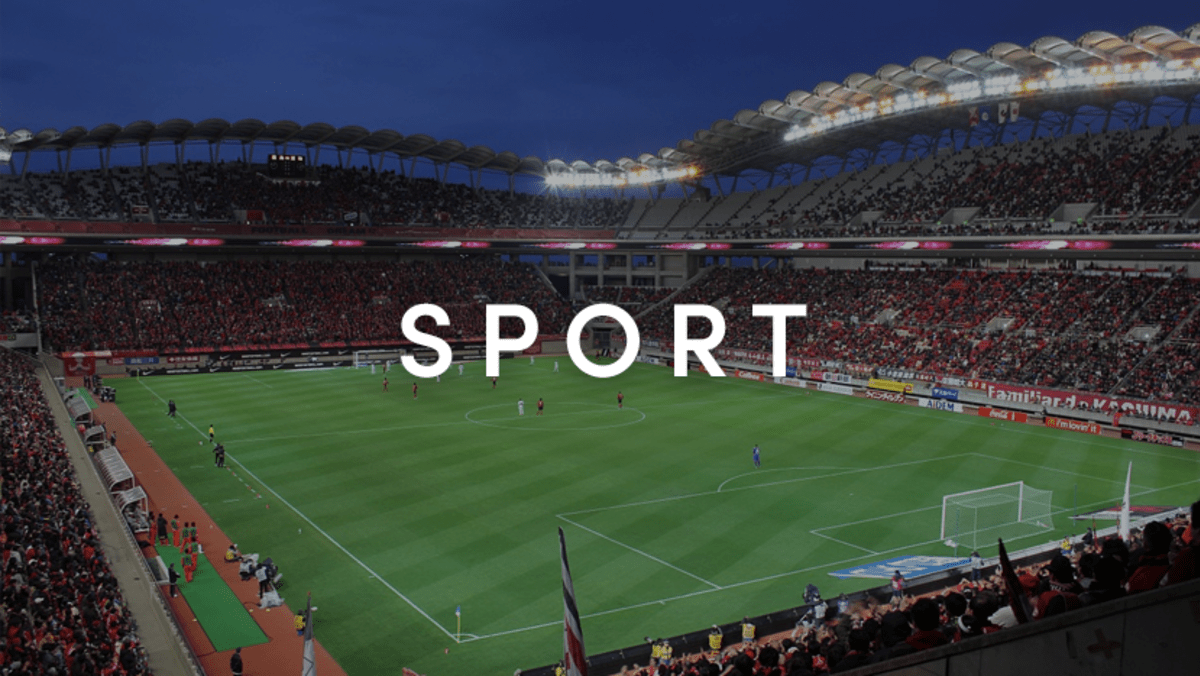Australian Indigenous players hit out at ’empty symbolism’ at World Cup
SYDNEY : Current and former international soccer players from Australia’s Indigenous community have criticised the lack of legacy funding targeting First Nations football as the country hosts the Women’s World Cup.
Australia is co-hosting the tournament with New Zealand, but the signatories said on Tuesday that they saw little evidence of funding to increase Indigenous participation in the A$291 million ($196.98 million) ‘Legacy ’23’ plan to grow the game in the country. The letter, addressed to Football Australia and FIFA, said the “ubiquitous Indigenous culture, symbolism, traditional ceremonies and installations” used at the tournament indicated the “central value” of Indigenous culture to football.
“(But) not a single dollar from the legacy program has been committed to organisations that are Indigenous-led, managed and have long carried the burden for First Nations in the Australian game,” it continued.
“Without support for the Indigenous community and their programs, we consider this symbolism empty.”
In response, Football Australia pointed to a string of programmes targeting the Indigenous community, including the A$10 million New South Wales legacy programme that had a specific First Nations element.
“The claim that there has been a lack of funding for grassroots indigenous football programs within the ‘Legacy ’23’ initiative is not accurate,” it said.”We want to make it clear that the support and advancement of Indigenous football programs are integral parts of our commitment.”
FIFA said they were committed to “meaningful and authentic engagement with First Nations and Maori communities” and their women’s football officer Sarai Baremen, New Zealand-born and of Samoan/Dutch heritage, highlighted a series of initiatives through the tournament.
These included binational signage at all FIFA events, branded traditional place names for host cities and training sites, use of First Nations flags in stadiums, a tournament-specific First Nations and Maori cultural panel and significant integration of cultural protocol into the opening, closing, and pre-match ceremonies and VIP welcomes.”
In a more practical measure, FIFA also highlighted the membership of First Nations and Maori business supplier networks to expand and diversify sustainable procurement models including gifting, catering, furniture, creative, biodiversity
projects.
Australia’s Indigenous peoples have inhabited the continent for tens of thousands of years, but have faced centuries of discrimination and neglect since colonisation by Britain in 1788.
Indigenous rights are in focus in Australia, with the country set to vote this year in a referendum to decide whether to recognise them in its constitution for the first time.
The signatories to the letter included Jada Whyman, Gema Simon and Travis Dodd, all current and former members of the men’s and women’s national soccer teams.
The letter was organised by the Moriarty Foundation, whose founder, John Moriarty, was the first Indigenous footballer to represent Australia at soccer.
“Indigenous players have to fight that much harder just to have the same opportunities as non-Indigenous players,” he said.
“And those living in remote and regional communities also face extreme financial disadvantage, high unemployment and housing challenges.”
The Moriarty Foundation has launched a crowd funding campaign through GoFundMe during the World Cup to raise money for everything from boots to scholarships for Indigenous boys and girls.
For all the latest Sports News Click Here

